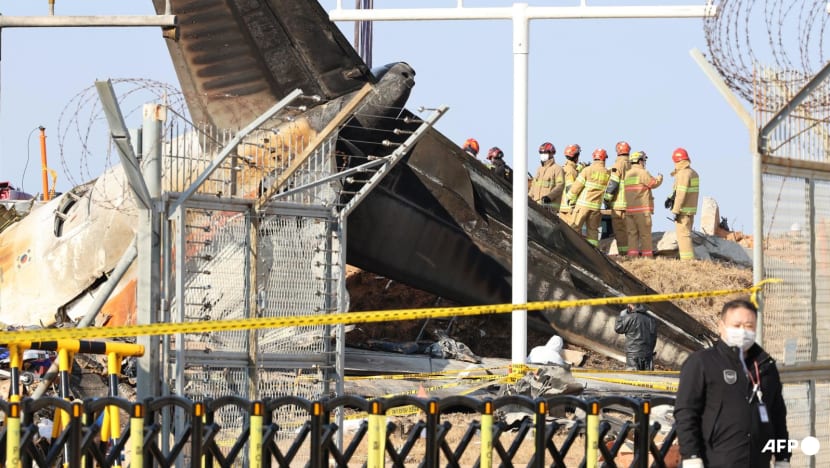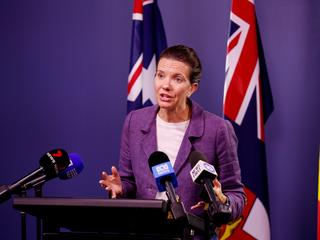
Mental Health Minister Rose Jackson called on psychiatrists to remain in their jobs ahead of an expedited arbitration hearing with the independent umpire.
NSW Mental Health Minister Rose Jackson has urged the state’s public hospital psychiatrists to not quit the system en mass, with the NSW government expediting a hearing with independent workplace umpire set to take place in eight weeks.
As it stands, 181 psychiatrists of the state’s 443 total headcount are still intending to resign unless the government agrees to a pay rise of 25 per cent, rejecting the current offer of 10.5 per cent over three years.
The union representing public hospital psychiatrists, the Australian Salaried Medical Officers Federation of NSW will meet with the government at the Industrial Relations Commission from March 17 to March 21 in an expedited arbitration that will be heard by the full-bench.
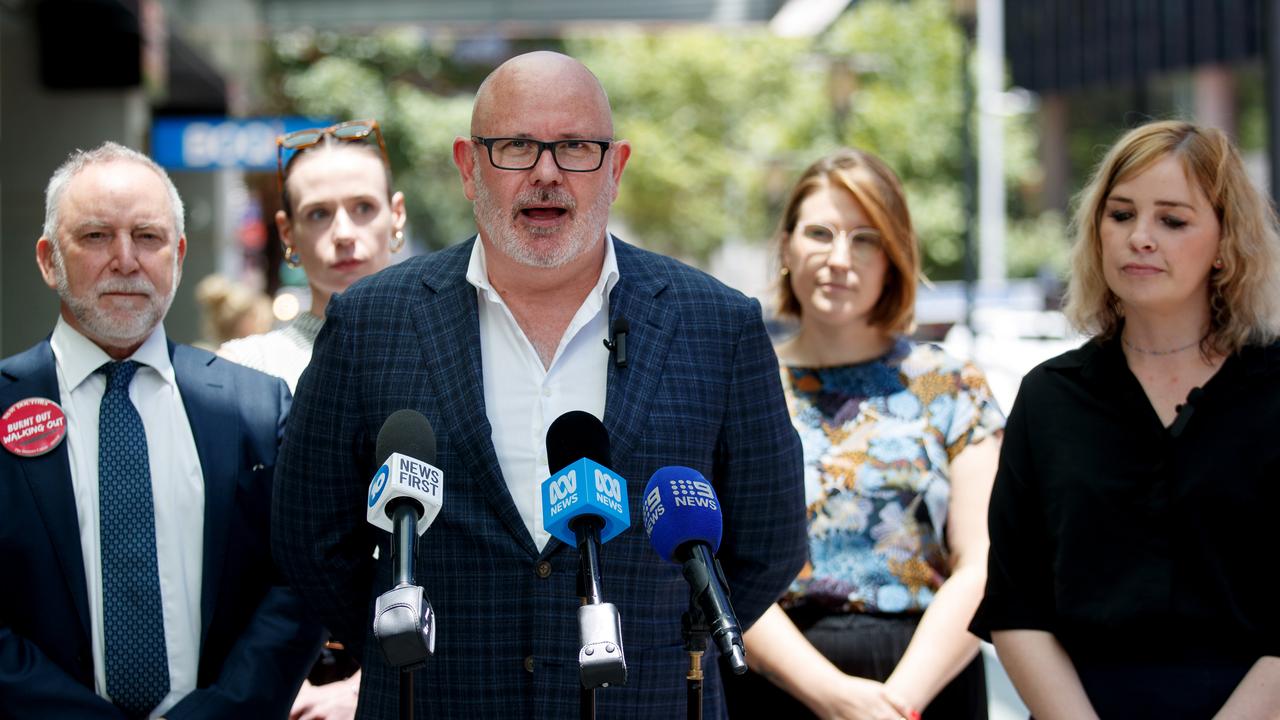
Mental Health Minister Rose Jackson committed to honouring the decision of the outcome, and urged workers to remain working.
“My message to the psychiatrist is, don’t resign. Don’t use mass resignation as an industrial tactic,” she said on Tuesday.
“Work through the process that’s set up that’s clear, established and transparent.”
While psychiatrists originally threatened to begin walking out of hospitals from January 21, it’s understood local health districts have yet to process any resignations.
A peak figure of 206 psychiatrists had threatened to resign, about half the workforce, however as of Monday (January 20), 25 psychiatrists rescinded their resignations, while 81 pushed their date beyond February 1.
About 100 staff have maintained they will still resign either this week or next week.
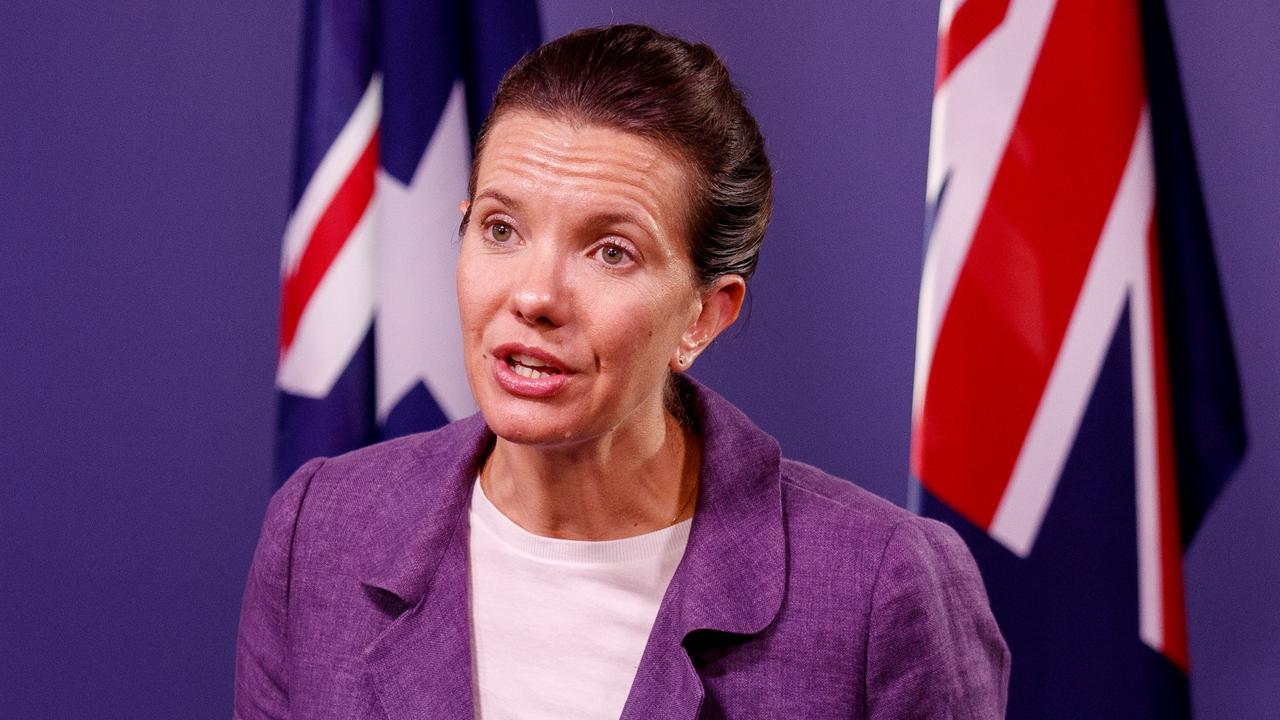
In the interim, the government has established an emergency escalation plan in each local health district to ensure services are not hampered by resignations.
NSW Health deputy secretary Matthew Daly said that while there “will be disruptions,” the “agility of the health system shouldn’t be doubted”.
“We’ve exercised and shown that through industrial action over the last year, but also three years of the pandemic,” he said.
“If worse comes to worse, emergency departments are always the last port of call, and they will be there to receive and support clients for any health condition.”
Dr Daly said that the worst case scenario “hasn’t eventuated” and referrals have been capped for “one or two small services,” while others have been amalgamated into new locations for “ease of delivery,” and “access to mental health consumers”.
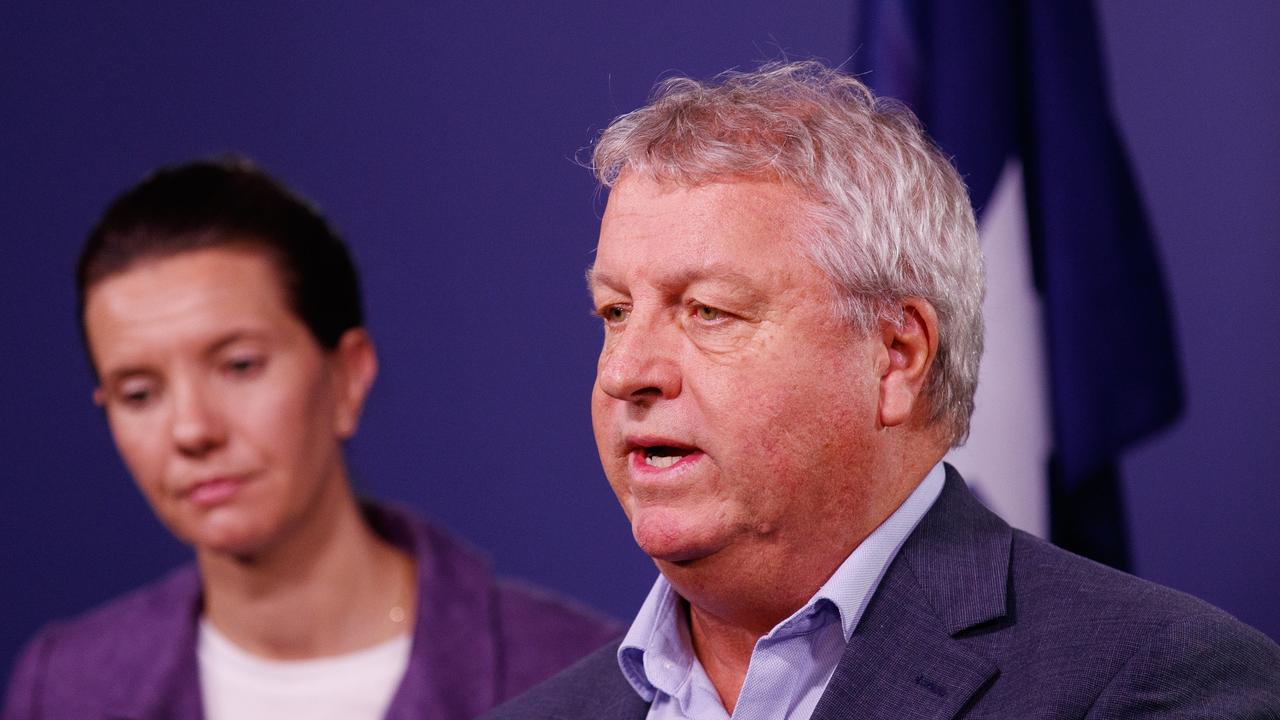
ASMOF executive director Andrew Holland urged the government to return back to the negotiating table in order to stop the resignation of psychiatrists, and said he didn’t believe arbitration would “resolve the fundamental workforce crisis”.
“We believe it’s another opportunity for the government to come back to the table with a reasonable offer to the psychiatry members and the union that will salvage the mental health situation that we’re dealing with and would encourage our members to not follow through resignations remain in the public health system,” he said.
“We need a genuine attempt to meaningfully negotiate with the members of the union on the broad issues confronting the sector.”



